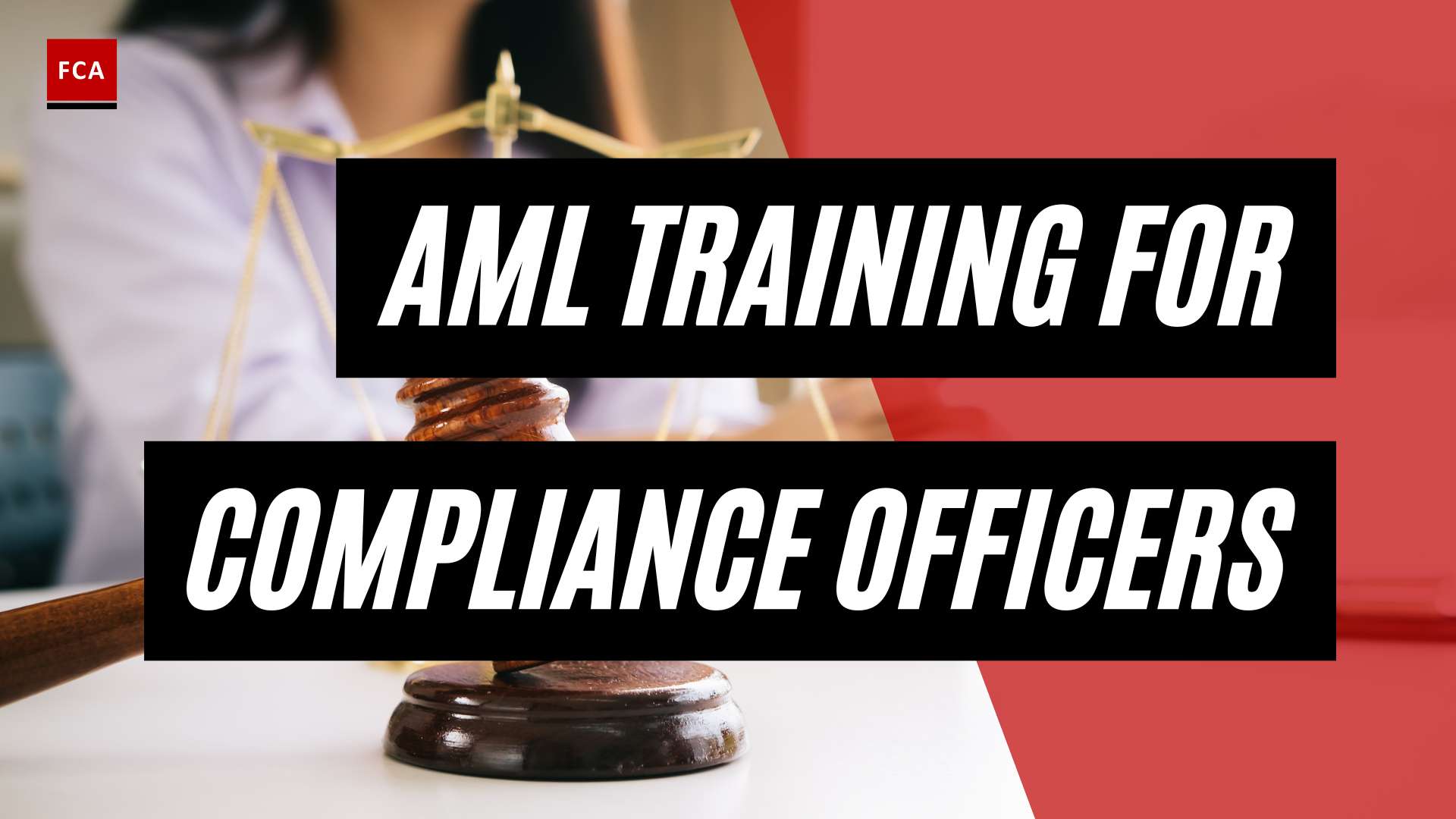Financial Action Task Force or FATF is the most important and influential of the international bodies. FATF is an intergovernmental body whose purpose is to establish international standards and develop and promote policies, both at national and international levels, to combat money laundering and the financing of terrorism.
The objectives of FATF are to set global standards and promote effective implementation of legal, regulatory, and operational measures for combating money laundering, terrorist financing, and other related threats to the integrity of the international financial system.

The Financial Action Task Force or FATF Recommendations
In 1990, FATF first issued its 40 Recommendations, which set out a basic framework for fighting money laundering. In 1996, in response to the identification of emerging risks, the 40 Recommendations were revised to strengthen the AML measures in place. In October 2001, in response to the September 11 attacks in the US, FATF’s mandate was expanded to include measures to combat terrorist financing and FATF immediately issued Eight Special Recommendations on Terrorist Financing. These were expanded in 2004 to cover a ninth recommendation on managing cross-border currency movements.
Following consultation with governments and the financial sector, a revised set
of 40 Recommendations were published in February 2012. The previous 9 Special Recommendations were amalgamated into the new 40 Recommendations, which have been designed to strengthen global safeguards and further protect the integrity of the financial system by providing governments with stronger tools for taking action against financial crime. At the same time, they now address new priority areas such as corruption, international transparency, proliferation financing, and tax crimes.
The principles in the Recommendations are unique in that they apply to all key stakeholders engaged in combating money laundering, including regulators, law enforcement agencies, regulated firms, and lawmakers.
The FATF Recommendations do not have the force of law and their application is not mandatory, even for their principal members. The Recommendations must be transposed into national or regional law before they have any effect. Nevertheless, as an essential criterion for membership each FATF member country undertakes to endorse and implement the Recommendations and then submit to a mutual evaluation by other members to assess the effectiveness of their implementation.
Other countries and jurisdictions have a powerful incentive for implementing the FATF Recommendations and being assessed against them in that it provides global confirmation that they have the necessary AML/CFT strategies and standards in place to protect their financial systems and other businesses from abuse by criminals. Countries and jurisdictions that are seen not to have such measures in place find it increasingly difficult to undertake financial business with those countries that have put the necessary measures in place.
The international AML/CFT standards comprise the 40 Recommendations together with the detailed ‘Interpretive Notes’. Although the Recommendations remain static for several years at a time, FATF publishes a regularly updated range of best practice guidance on specific issues, which builds on the Recommendations. Another of FATF’s important activities is studying the methods and trends of money laundering and terrorist financing: FATF examines current typologies continuously to ensure that it’s AML/CFT policymaking is relevant and appropriate for responding to evolving threats.
The FATF is the global standard-setter for measures to fight money laundering and terrorist financing. In 2003, the FATF became the first international body to set global standards on beneficial ownership. It required countries to ensure that their authorities could obtain up-to-date and accurate information about the person(s) behind companies’ foundations and other legal persons. The FATF further strengthened and clarified its beneficial ownership requirements in 2012.

The FATF has finalized best practices with examples from across the global network of FATF and FATF-Style regional bodies’ members, which will help countries implement the FATF’s requirements. The report highlights that jurisdictions using a multi-pronged approach with several sources of information are often more effective in preventing the misuse of legal persons for criminal purposes.
There are currently 39 members of FATF: 37 jurisdictions and two regional organizations (the Gulf Cooperation Council and the European Commission). These 39 members (see table below) are at the core of global efforts to combat money laundering and terrorist financing. The below list is correct as of September 2020
Final Thoughts
The Financial Action Task Force, also known by its French name, Groupe d’action financière, is an intergovernmental organization founded in 1989 on the initiative of the G7 to develop policies to combat money laundering and to maintain certain interest. In 2001, its mandate was expanded to include terrorism financing. The FATF Recommendations provide a comprehensive set of measures to assist countries in combating illicit financial flows. These include a strong framework of laws, regulations, and operational measures to ensure that national authorities can detect and disrupt financial flows that fuel crime and terrorism, as well as punish those responsible for illegal activity.








